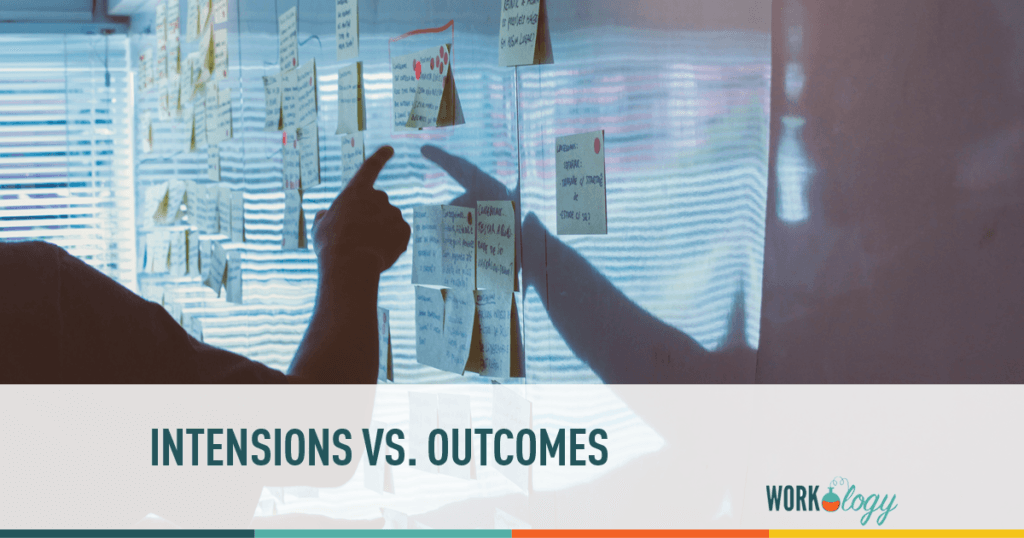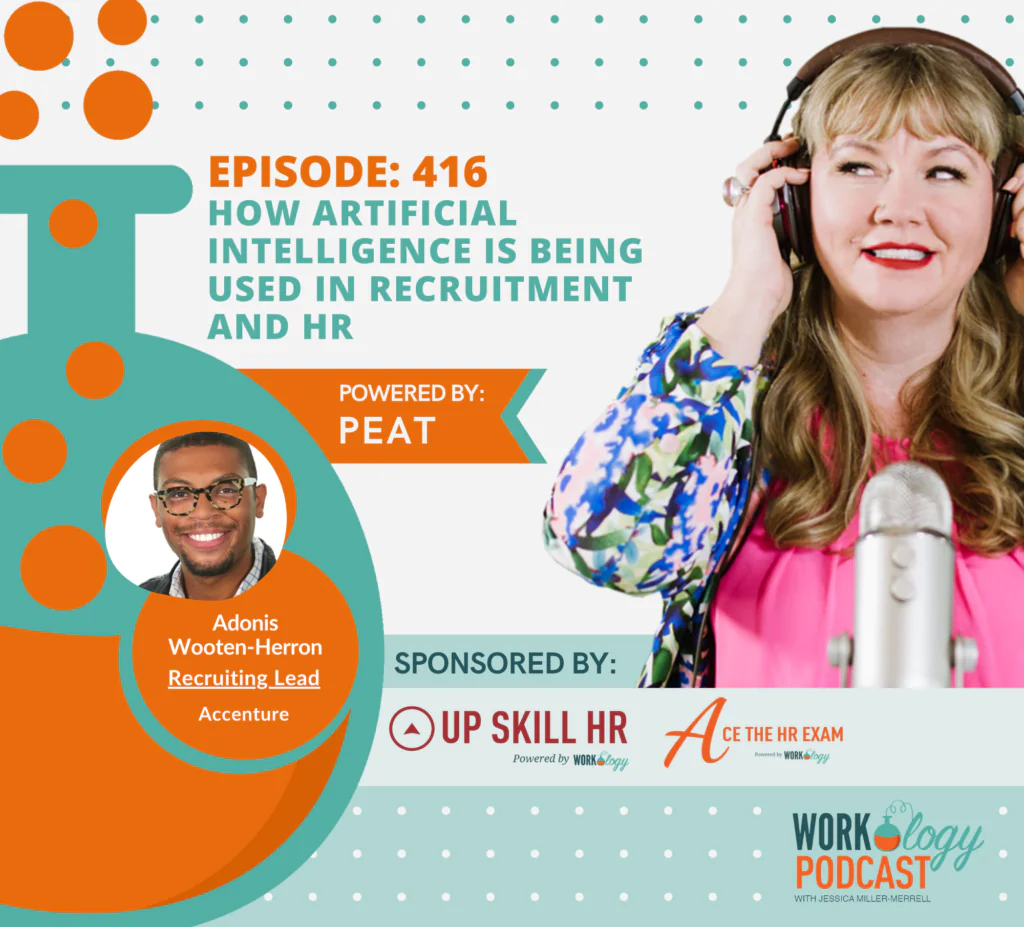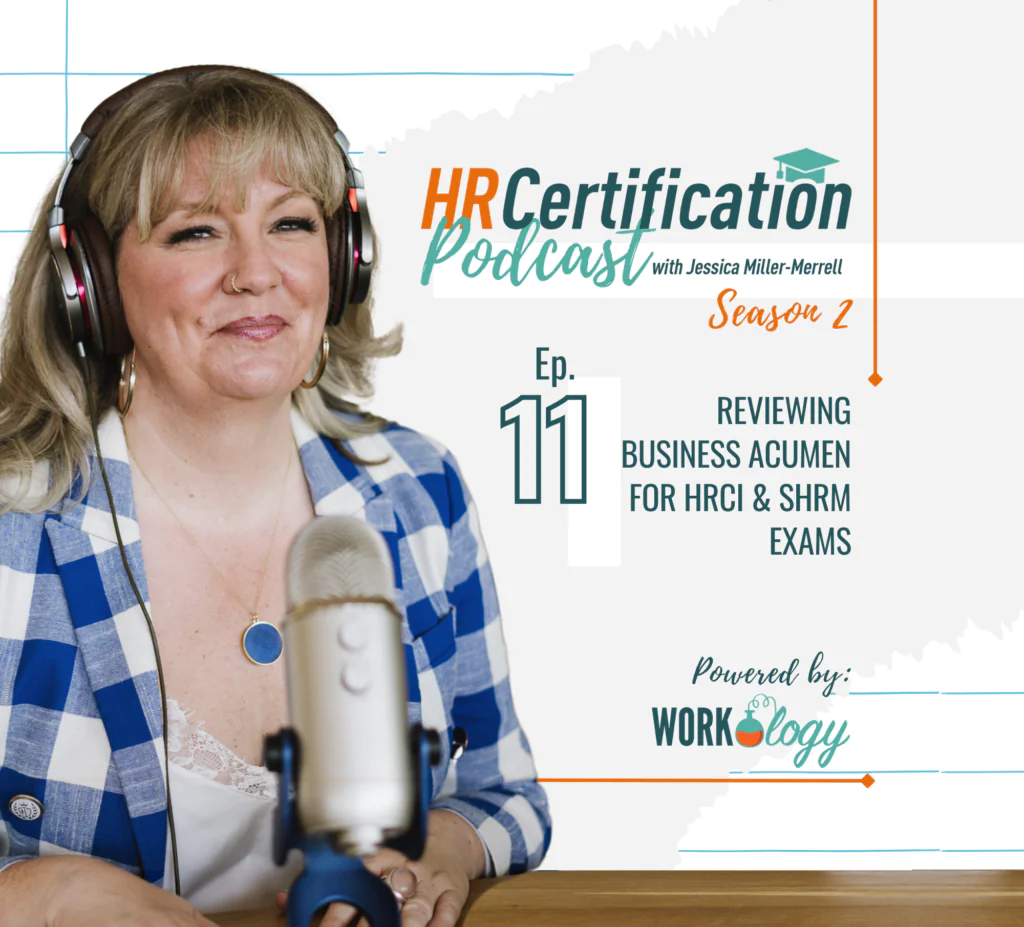Intensions vs. Outcomes
It’s no secret that not everything turns out the way you planned or expected it to. An action, a plan, or a strategy’s result could—and frequently does—have a completely different conclusion. This occurs frequently in employment law and HR investigations. The manager thought it was a good idea to let his employee work after hours. And Mr. Manager might genuinely enjoy his friend and employee, which is why he might urge to them not to clock in. The manager is in charge of a location where payroll is tight. Employee is a good employee, but Mr. Manager’s intentions are not what they seem to be.
In reality, the Manager’s intention is to save payroll, keep himself from being reprimanded by his boss, and while doing what he sees is a favor for his friend allowing him to keep his job. The reality and outcome is when Manager gets caught is that he’s violated company policy, his company owes Employee back pay, as well as Manager puts the company at risk with the U.S. DepartAment of Labor, the Wage and Hour Division.
The law doesn’t care about intentions, it only cares about acts and outcomes. As a HR Director, I’ve heard my share of responses from employees when we questioned them about their actions during employment investigations. I heard things like, “Well, that’s not what I meant.” “She/He took my comment the wrong way.” And my personal favorite, “I was just kidding.”
The problem therein lies we weren’t raised this way. Because in our home and family life, intentions do matter. It’s the reason why the saying, “the old college try” was created. Outside of the bubble that is HR and corporate speak, intentions do matter. It’s the reason why I encourage my daughter to color within the lines, and I’m thrilled even when it doesn’t quite work out the way I instructed.
While I’m writing, I’m trying to figure out how to comprehend when and when intentions vs. outcomes matter. Is this a skill we can learn in the classroom? And when intentions actually rule, isn’t failure the best teacher of all? And how does this relate to business and HR? Because staying safe and expecting the same results all the time makes the world a very predictable, quantifiable, and dull place. Of course, it’s a safe place where everyone abides by the law and drives within the speed limit, but risk rarely occurs.








One Comment
Very thought-provoking…I agree with your assessment that, in most situations, intentions do matter. But I think sometimes we can get caught up in that just a little bit. Whenever a celebrity who does something bad makes a mea culpa by donating to a charity or something, I’m still glad for the donation, even if we’re not always certain that the change of heart is genuine.
Still, I’m certainly not saying we discount intention, especially when things don’t work out exactly as they should. As long as someone’s heart is in the right place, effort counts.
Comments are closed.